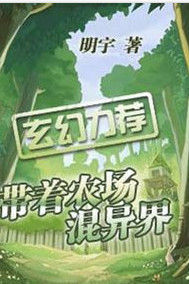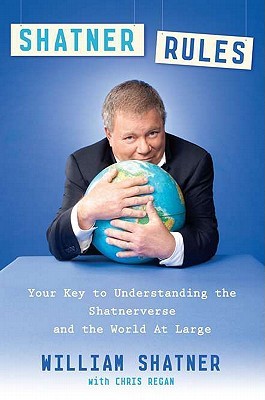Finally got around to finishing Katanga 1960: The African Nations that Waged War on the World. The book is all over the place. It includes some fascinating interviews with ex-mercenaries and detailed information with regards to the internal power struggled inside the secessionist state; such as the differences between Tshombe and Munongo, the various mercenary groups, and the Franco-Belgian tensions. However, the book can also be infuriatingly vague at times. Little discussion occurs of what the Mistebel (Belgian technical mission to Katanga) actually got up to, the Belgian and foreign role in the execution of Lumumba is basically glossed over, and the maps are rubbish. The author goes into great detail in the clashes between UNOC and the Katangan gendarmes/mercenaries in Elisabethville but doesn't include a map of Elisabethville, even a crude one so I can put together the relative locations of the Post Office, College Radio, the Lido, and the Railway Bridge.
There is also a strange tone throughout the book, in that I think the author got a bit seduced to lost cause-ing* Katanga through his interviews with white mercenaries and hindsight. He revels in listing the flaws and scurrilous rumors about Lumumba; his imprisonment for fraud (no indication if this was valid or not), peculiar sexual habits, and fondness for hash. None of the other politicians -Adoula, Tshombe, Kasa-Vubu, Mobutu, Gizenga, etc- get anywhere near that level of treatment. He also has a strong dislike for Dag Hammarskjold, Ralph Bunche, and Connon Cruise O'Brien with vague generalities about the UN men being "vacillating" and "weak". Fair criticism of the UN, but he doesn't really go anywhere with that. Namikas goes into much better detail in her book on the logistical issues affecting ONUC; but here it is never made clear if the author is just agreeing with Namikas but presenting her conclusions in passing or just has a general dislike for the UN. The author spends an almost disturbing amount of time on the prevalence of rape against the white colonists after independence, which in mainline scholarly accounts isn't really present** as anything beyond the levels of rape that occurs in any violent upheaval. Rape could very well have been more prevalent than those books let on, they were mainly political histories. However, rather than exploring why this aspect may be underreported in most accounts of the Congo Crisis, he simply throws away a line of "most foreign reporters sympathized with independence and didn't want to report bad things about it" which falls a bit flat.
Plus, there is the whole romantic takes on the mercenaries which was just about excusable when Forsyth was doing it right after Biafra but feels a bit strange in a history book. In other words, if you are interested in Katanga and its internal politics, it is worth a read. Otherwise, I wouldn't bother.
*If that isn't a verb, it should be.
**Lise Namikas Battleground Africa, Odd Arne Westad The Global Cold War, Martin Meredith The State of Africa.





